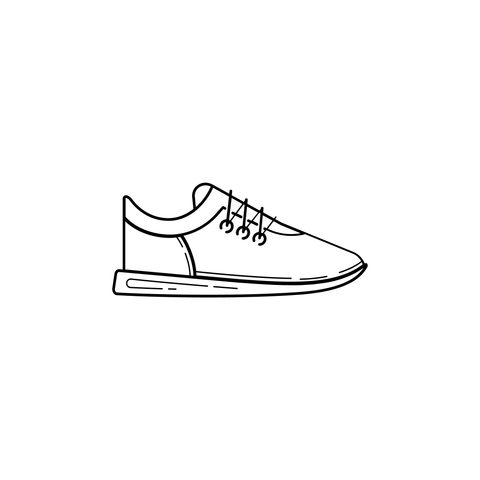Responsibility Section #3
1.1 Organic Cotton
Organic cotton is grown without chemical pesticides or harmful chemicals, which is used to make to conventional cotton. On the Higg Index, organic cotton has half the environmental footprint compared to conventional cotton. Overall, the farming of organic cotton is improving every part of the ecosystem around the cotton where the soil and water quality is healthy and maintaining a strong biodiversity.
1.2 EcoVero Viscose
At Won Hundred, we use a new generation of sustainable viscose fibres, standardized, and branded under the name EcoVero. The EcoVero fibres are derived from certified renewable wood pulp, harvested from controlled sources. The processing of the wood pulp happens in a closed loop system, where more than 99% of the chemicals are recovered and reused for the next cycle.
Read more about EcoVero
1.3 Tencel
Tencel consists of branded lyocell fibres produced through standardized environmentally responsible processes. An eco-friendly fabric, made from natural cellulose fibres found in wood pulp derived from natural forests sources and sustainably managed plantations. Tencel has gained popularity in the recent years, due to its unique physical properties: great strength, efficient moisture absorption, and gentleness to the skin - properties that make the fabric popular in blend mixtures. Finally, the fibres are biodegradable and compostable and can fully revert to nature.
Read more about Tencel
1.4 Leather
We know that leather consumption is often a topic for discussion. We believe that leather garments are long lasting, durable and offers a long lifespan for products. When sourcing our leather fabrics, we work with trusted partners in New Zealand where we primarily use goat leather. The reason why we use New Zealand leather is because they are the frontrunners in the world when it comes to regulations of animal welfare and rights. For this reason, we are working with fabrics that are LGW approved[1] as well as Realgrade certified[2]. The leather that we use is a biproduct of the meat industry, and therefore we don’t kill animals unnecessarily, but use what is already being used.
[1] A non-for-profit organization responsible for the world’s leading environmental certification for the leather manufacturing industry – Read more here
[1] Ethical and sustainable leather from New Zealand – Read more here
